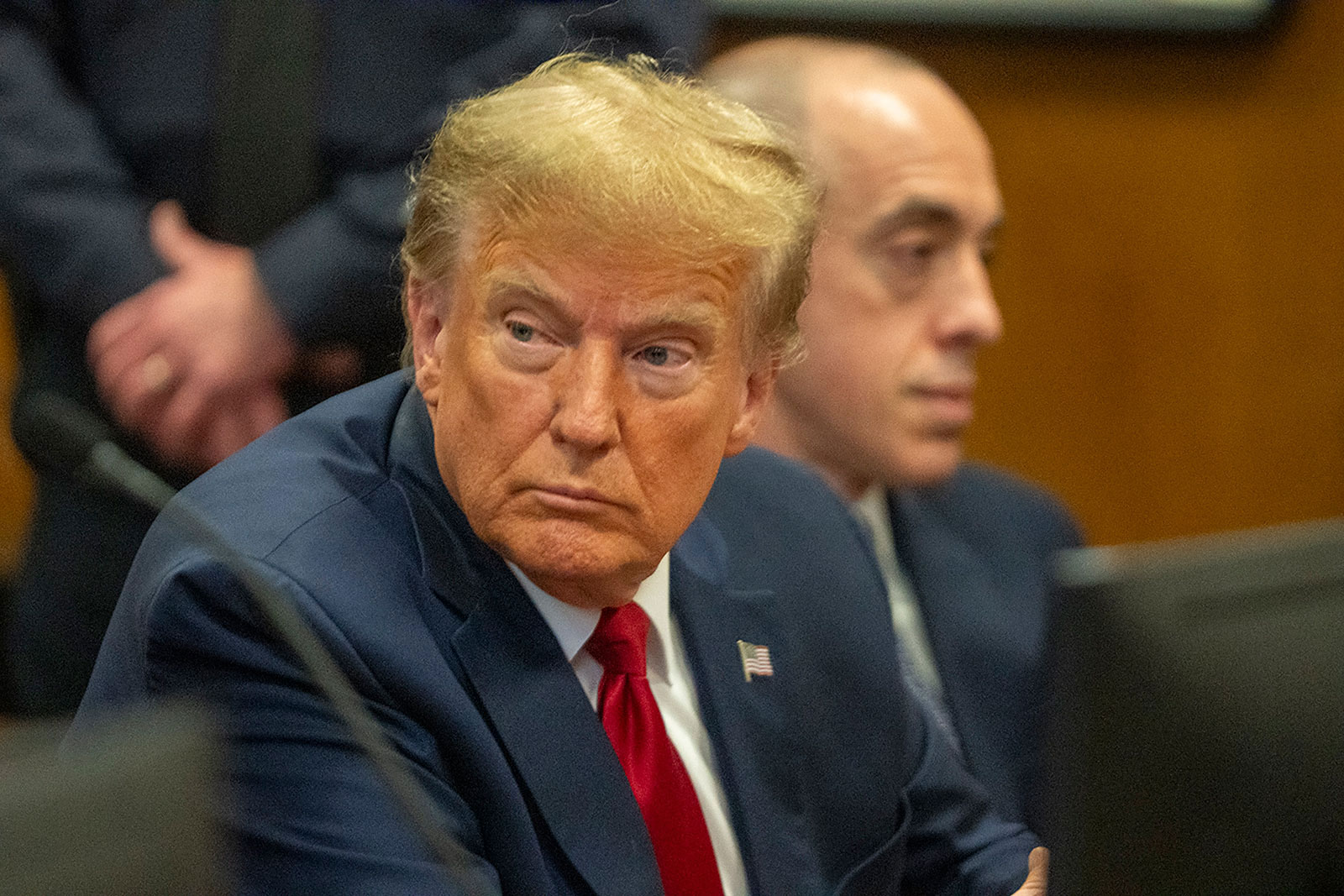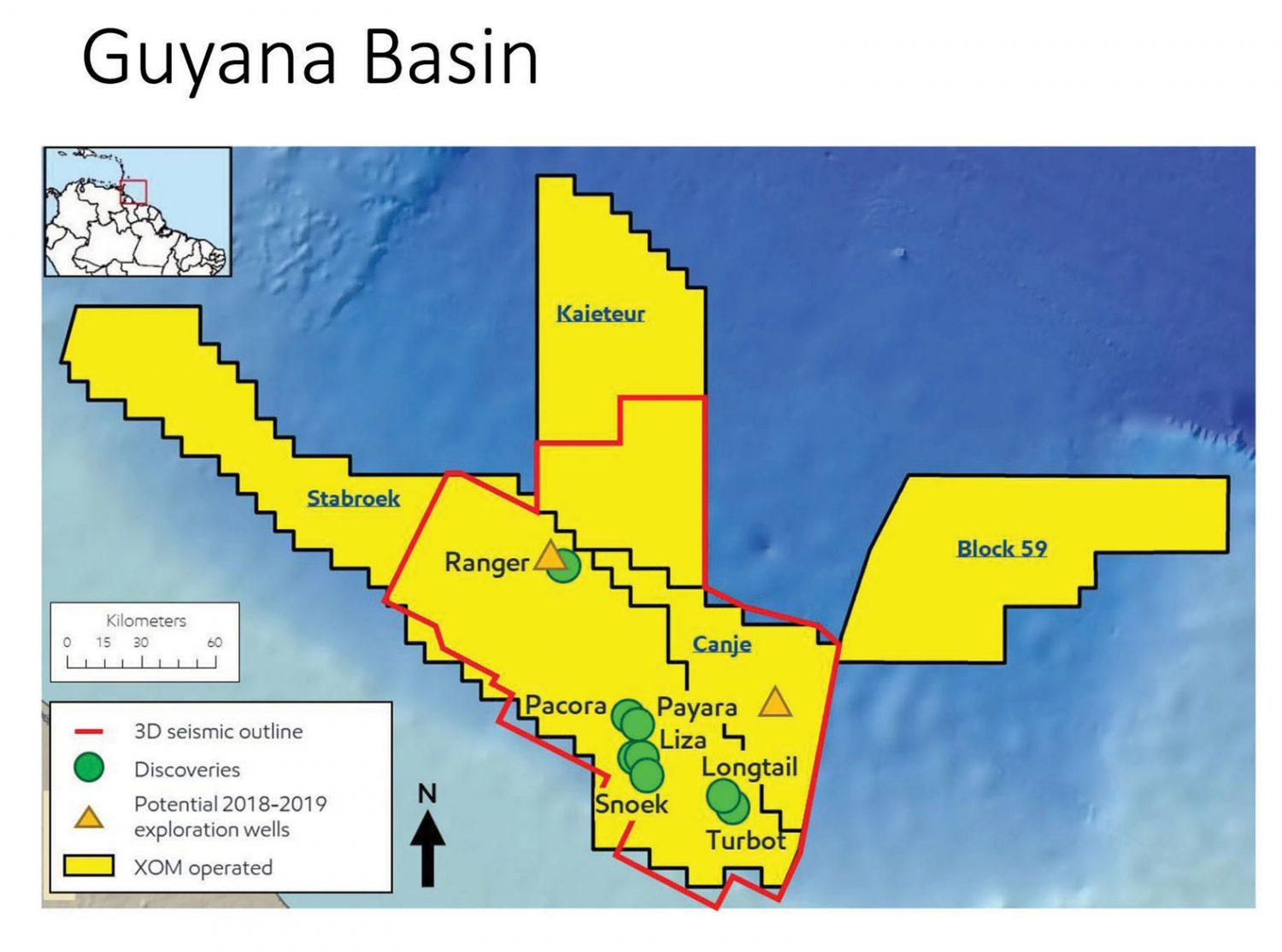
Former President Donald Trump has publicly called for the termination of Lisa Monaco, Microsoft’s President of Global Affairs. In statements released recently, Trump labeled Monaco a “national security threat” and urged Microsoft CEO Satya Nadella to take immediate action.
Trump’s criticism stems from Monaco’s background, particularly her prior role as a high-ranking official in the Biden administration’s Department of Justice. This move has sparked considerable debate regarding the intersection of politics, corporate leadership, and national security concerns.
Trump’s Statement and Rationale
Accusations of National Security Threat
Trump’s statement was direct and unequivocal, asserting that Monaco poses a significant risk to national security. While the specific details of this alleged threat were not elaborated upon in the initial statement, it’s clear that Trump views her presence at Microsoft as problematic given her past government service.
The former president’s strong language underscores the depth of his concerns, framing Monaco’s role not just as a matter of policy disagreement but as a potential vulnerability for the country.
This isn’t the first time Trump has publicly targeted individuals associated with perceived political adversaries, but the call for a private company to dismiss a senior executive adds a unique dimension to the situation.
Focus on Monaco’s DOJ Background
A key element of Trump’s argument centers on Monaco’s tenure in the Department of Justice under the Biden administration. He suggests that her prior affiliations inherently create a conflict of interest or a potential for undue influence within Microsoft.
Monaco served as a top advisor to Attorney General Merrick Garland. Trump seems to believe that this connection taints her current position, raising questions about her impartiality and loyalty.
Critics of Trump’s stance argue that Monaco’s extensive experience in national security and law enforcement should be seen as an asset to Microsoft, rather than a liability. They contend that her background provides valuable insights into regulatory matters and global affairs.
Call to Action for Satya Nadella
Trump’s statement included a direct appeal to Microsoft CEO Satya Nadella, urging him to remove Monaco from her position. This puts Nadella and Microsoft in a difficult position, forcing them to navigate the complexities of political pressure and corporate governance.
It remains to be seen how Microsoft will respond to Trump’s demands. The company has not yet issued an official statement addressing the matter directly. However, Microsoft’s leadership will likely weigh the potential implications of both complying with and rejecting Trump’s request.
The situation highlights the growing challenges faced by corporations in an increasingly polarized political landscape, where business decisions can quickly become entangled with broader ideological battles.
Lisa Monaco’s Role at Microsoft
Responsibilities as President of Global Affairs
As President of Global Affairs, Lisa Monaco plays a crucial role in shaping Microsoft’s international strategy and navigating complex regulatory environments around the world. Her responsibilities include overseeing government affairs, public policy, and corporate social responsibility initiatives.
Monaco’s position requires her to engage with policymakers, industry leaders, and various stakeholders to advance Microsoft’s interests and address global challenges. Her work involves a wide range of issues, from cybersecurity and data privacy to trade and economic development.
Given the global reach and influence of Microsoft, Monaco’s role is critical to the company’s success and its ability to operate effectively in diverse markets.
Experience and Qualifications
Lisa Monaco brings a wealth of experience to her role at Microsoft, having served in various high-profile positions in the U.S. government. Prior to joining Microsoft, she held key roles in the Department of Justice and the White House, advising on national security and law enforcement matters.
Her extensive background includes serving as Assistant Attorney General for National Security and as a top advisor to the Attorney General. She also has experience as a federal prosecutor, handling complex cases involving terrorism, espionage, and cybercrime.
Monaco’s qualifications and expertise make her a valuable asset to Microsoft, providing the company with deep insights into the legal, political, and security landscape.
Potential Conflicts of Interest
The central question raised by Trump’s criticism is whether Monaco’s prior government service creates a conflict of interest in her current role at Microsoft. Critics argue that her past affiliations could influence her decisions or create the appearance of impropriety.
However, supporters of Monaco contend that her experience and expertise are essential for navigating the complex regulatory environment in which Microsoft operates. They argue that her background provides valuable insights into the policy considerations that shape the technology industry.
Ultimately, the issue of potential conflicts of interest is a matter of perception and judgment. It requires a careful assessment of the specific circumstances and a commitment to transparency and ethical conduct.
Lisa Monaco, currently serving as Microsoft’s President of Global Affairs, previously held prominent positions within the U.S. Department of Justice.
Reactions and Implications
Political Fallout
Trump’s call for Monaco’s firing has triggered a wave of reactions across the political spectrum. Supporters of Trump have echoed his concerns about potential conflicts of interest, while critics have accused him of engaging in political intimidation.
The situation underscores the deep divisions in American politics and the extent to which partisan battles can spill over into the corporate world.
The incident also raises questions about the appropriate role of former government officials in the private sector and the potential for undue influence.
Microsoft’s Response
As of now, Microsoft has not issued a formal response to Trump’s demand. The company’s leadership is likely weighing the potential consequences of both complying with and rejecting the request.
A decision to fire Monaco could be seen as caving to political pressure and setting a precedent for future interventions. On the other hand, refusing to comply could expose Microsoft to further criticism and potential retaliation from Trump and his allies.
Microsoft’s response will be closely watched by other companies and industry observers, as it could have broader implications for corporate governance and political engagement.
Broader Implications for Corporate Governance
The controversy surrounding Lisa Monaco highlights the growing challenges faced by corporations in navigating an increasingly polarized political landscape. Companies are under pressure to take stances on social and political issues, and their decisions can have significant consequences for their reputation and bottom line.
The situation also raises questions about the independence of corporate boards and the extent to which they should be influenced by political considerations. Boards are typically responsible for overseeing the management of a company and ensuring that it acts in the best interests of its shareholders.
However, in an era of heightened political scrutiny, boards may also need to consider the broader social and political implications of their decisions.
Legal and Ethical Considerations
Potential Conflicts of Interest
The legal and ethical considerations surrounding Monaco’s role at Microsoft revolve primarily around the issue of potential conflicts of interest. Federal law prohibits former government officials from taking actions that could benefit their former agencies or employers.
However, the application of these laws can be complex and fact-specific. It is often difficult to determine whether a particular action constitutes a conflict of interest or whether it falls within the scope of permissible activities.
In Monaco’s case, the key question is whether her prior government service gives her an unfair advantage or creates the appearance of impropriety in her current role at Microsoft.
Ethical Obligations of Former Government Officials
Former government officials also have ethical obligations to avoid actions that could undermine public trust or create the appearance of corruption. These obligations extend beyond the strict requirements of the law and encompass a broader duty to act with integrity and impartiality.
Monaco’s actions at Microsoft will be closely scrutinized to ensure that she is not using her prior government connections to benefit the company or to gain an unfair advantage over its competitors.
The controversy surrounding her role highlights the importance of ethical conduct and transparency in both the public and private sectors.
Microsoft’s Corporate Governance Policies
Microsoft has established corporate governance policies and procedures to address potential conflicts of interest and to ensure that its employees act with integrity and in compliance with the law. These policies include requirements for disclosure of potential conflicts, restrictions on certain types of activities, and mechanisms for monitoring and enforcement.
Microsoft’s board of directors is responsible for overseeing the company’s corporate governance practices and for ensuring that they are effective in preventing and addressing potential conflicts of interest.
The controversy surrounding Monaco’s role underscores the importance of strong corporate governance and a commitment to ethical conduct at all levels of the organization.
Historical Precedents
Instances of Political Pressure on Corporations
Trump’s call for Monaco’s firing is not the first instance of political pressure being exerted on corporations. Throughout history, businesses have faced scrutiny and criticism from politicians and the public over a variety of issues, including labor practices, environmental policies, and social responsibility.
In some cases, political pressure has led to changes in corporate behavior, while in others, companies have resisted calls for reform. The outcome often depends on the specific circumstances and the relative power and influence of the various stakeholders involved.
The current controversy surrounding Monaco highlights the ongoing tension between corporate autonomy and political accountability.
Cases Involving Former Government Officials in the Private Sector
There have been numerous cases involving former government officials who have taken positions in the private sector. These cases have often raised concerns about potential conflicts of interest and the revolving door between government and industry.
In some instances, former officials have been accused of using their prior government connections to benefit their new employers, while in others, they have been praised for bringing valuable expertise and insights to the private sector.
The controversy surrounding Monaco’s role at Microsoft fits into this broader pattern of scrutiny and debate over the role of former government officials in the private sector. You can find related coverage on various news sites.
The Revolving Door Phenomenon
The movement of individuals between government and the private sector is often referred to as the “revolving door” phenomenon. This phenomenon has been the subject of considerable debate and criticism, with some arguing that it creates opportunities for corruption and undue influence.
Critics of the revolving door argue that former government officials may be tempted to use their knowledge and connections to benefit their new employers, while private sector executives may seek to influence government policy through their relationships with former officials.
Proponents of the revolving door argue that it allows for the transfer of valuable expertise and experience between the public and private sectors, leading to better policy outcomes and more effective business practices.
Key Takeaways
- Donald Trump has publicly called for Microsoft to fire Lisa Monaco, citing national security concerns.
- Trump’s criticism centers on Monaco’s previous role in the Biden administration’s Department of Justice.
- Microsoft has yet to respond to Trump’s demand, leaving the company in a precarious position.
- The situation raises broader questions about political pressure on corporations and the role of former government officials in the private sector.
FAQ
Why is Trump calling for Lisa Monaco to be fired?
Trump claims that Monaco, as Microsoft’s President of Global Affairs, poses a national security threat due to her prior role in the Biden administration’s Department of Justice.
What is Lisa Monaco’s role at Microsoft?
Monaco is the President of Global Affairs, responsible for overseeing Microsoft’s international strategy, government affairs, and public policy.
Has Microsoft responded to Trump’s demand?
As of now, Microsoft has not issued an official statement regarding Trump’s call for Monaco’s firing.
What are the potential implications of this situation?
The situation could have significant implications for corporate governance, political pressure on companies, and the role of former government officials in the private sector.
What is the “revolving door” phenomenon?
The “revolving door” refers to the movement of individuals between government positions and the private sector, which can raise concerns about conflicts of interest and undue influence.
What are the ethical considerations in this case?
The ethical considerations revolve around potential conflicts of interest arising from Monaco’s prior government service and her obligations to act with integrity and impartiality.
In conclusion, the controversy surrounding Trump’s call for the firing of Lisa Monaco from Microsoft underscores the increasing intersection of politics and corporate affairs. The situation raises important questions about potential conflicts of interest, the role of former government officials in the private sector, and the extent to which political pressure should influence corporate decision-making. Moving forward, it will be crucial to monitor Microsoft’s response and to consider the broader implications for corporate governance and political engagement. It is important to stay informed about the latest developments and to engage in thoughtful discussions about these complex issues.

